Organic cosmetics: questions and answers
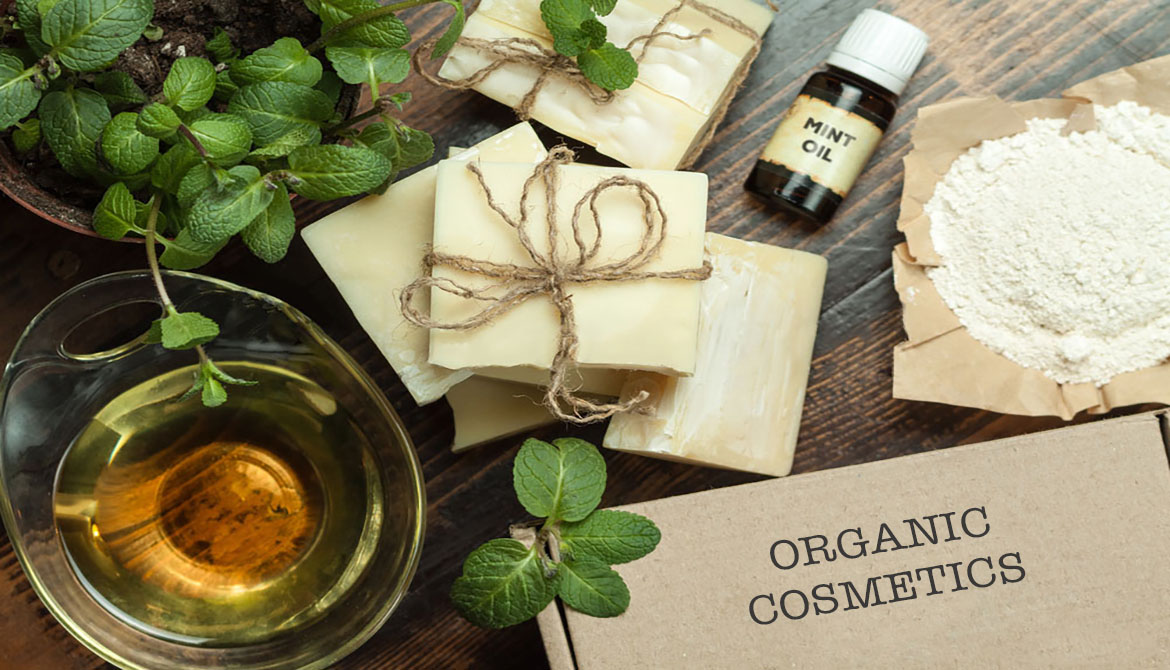
Natural or organic, bio, eco? cosmetics... What is the difference between them?
Natural cosmetics are made exclusively from natural ingredients or derivatives, such as extracts from flowers, roots, leaves, fruits. Therefore, the funds are fully or partially natural.
At the same time, we cannot attribute it to the categories: eco-friendly, organic, vegan. For example, imagine a pear. Is it 100% natural, but is it organic ?! Of course not. There are natural and organic (eco-friendly) pears. In the production of organic (bio, eco) cosmetics, ingredients are used from products that were grown and collected without the use of chemical pesticides, artificial fertilizers and GMOs. In other words, in addition to being natural, they are also non-toxic. Remember the pear? So, an organic pear grew on a tree that was not treated with any chemical elements or compounds.
Organic = Vegetarian?
Not necessary. Most quality organic cosmetics are truly vegetarian. For example, the facial scrub formula for 97% consists of natural organic components, but the presence of honey in it does not give us the right to call it vegetarian. Vegetarian cosmetics cannot contain animal products, as well as honey, milk, eggs, etc.
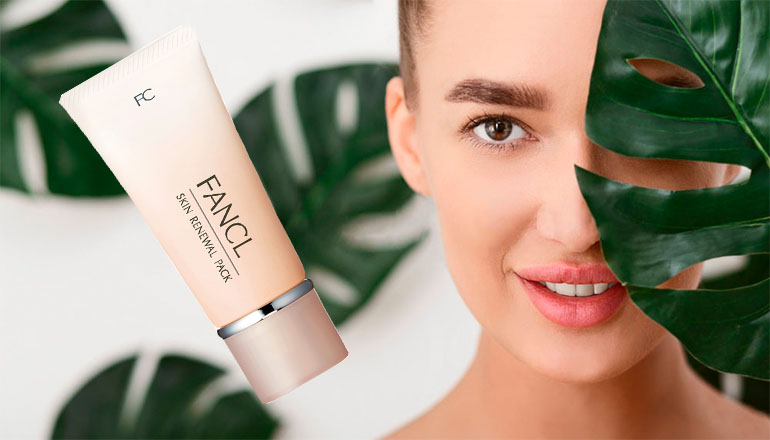
How is the price of organic cosmetics formed?
This question worries a lot of people, because not only organic cosmetics are quite expensive, but also food, home care products, etc. There are several reasons for this. First, organic products have a relatively short shelf life due to the use of "living" ingredients. Lack of preservatives affecting "life expectancy" funds significantly affects the price. For example, compare the shelf life of an organic product (12-20 months) and a product that includes chemical preservatives (3 years or more).
Secondly, the formula: analyze the composition of most conventional cosmetics, the vast majority of 80% consists of water, i.e. Buyer pays for water. The rest is preservatives, perfumes, emulsifiers, etc. The formula of a conventional cosmetic product only slightly consists of extracts, oils and extracts. In other words, there is little space left for those components, which should be the majority. This fact is unacceptable in the case of organic cosmetics. Here you are not paying for water and " Mendeleev ’s chemical table" but for pure organic components that really "working"!
And, thirdly, the ingredients. Organic ingredients are much more expensive than usual. Compare: an ounce of organic rose oil costs almost $500, while inorganic oil costs 280. The farms that grow organic produce are much shorter than the usual ones, and the time required to grow the produce is longer, because chemical growth stimulants are not used. As they say, time is money...
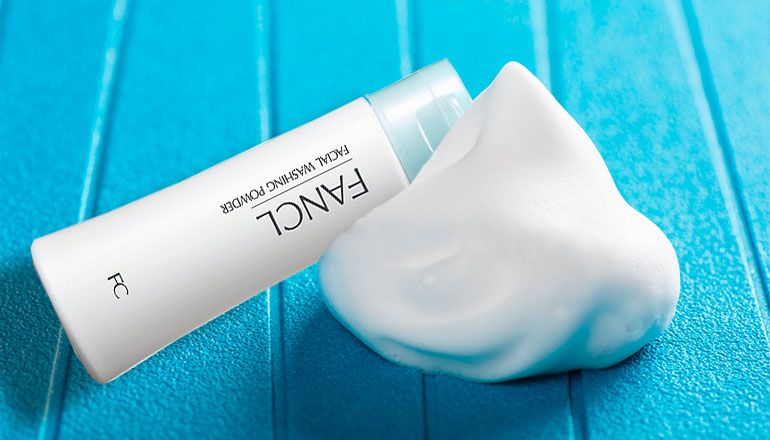
Where to buy organic cosmetics?
Agree, a special desire to additionally pay for distributor services, transportation, etc. no one, the price of this cosmetics and so, to put it mildly, is far from economical. It is most advantageous to buy in online stores that work directly with the manufacturer. In addition, there are permanent funded systems, discounts and promotions. Inarima-Cosme offers certified products directly from the manufacturer. Today you can profitably purchase:
- mask for the regeneration of the facial skin Fancl Active Conditioning EX Emulsion containing collagen, active ceramide and bio-glycogen;
- regenerative mask for facial skin Fancl Skin Renewal Pack FC, which includes extracts of organic rice and pear juice, as well as royal jelly;
- enriched regenerative emulsion for facial skin Fancl Active Conditioning EX Emulsion with active ceramides, bio-glycogen and collagen;
- Vitamin C Whitening Face Wash Powder Fancl FC White Washing Powder C +;
- Cleansing foam for age-related skin Fancl Aging Care Washing Cream with organic pear extract and prune acid.
What components can cause allergies in children?
Of course, the absence of chemical elements in the composition of organic products guarantees their hypoallergenicity. But, if children or adults are prone to seasonal allergies or suffer from allergic reactions to certain components, you should be very careful when choosing a product and carefully read the composition. According to studies, the most allergenic are lavender, chamomile, tea tree oil, jasmine and mint. But, again, this is a seasonal or selective allergy.
Be beautiful and healthy at the same time!


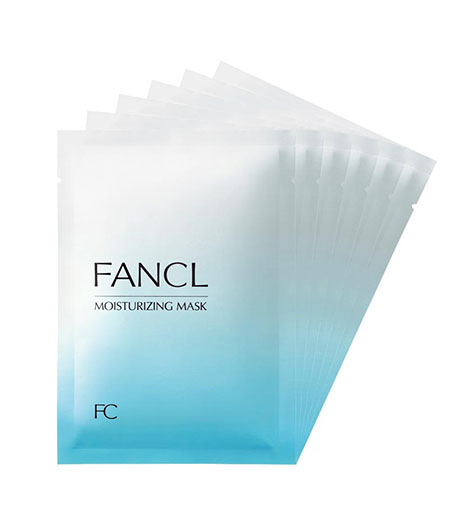
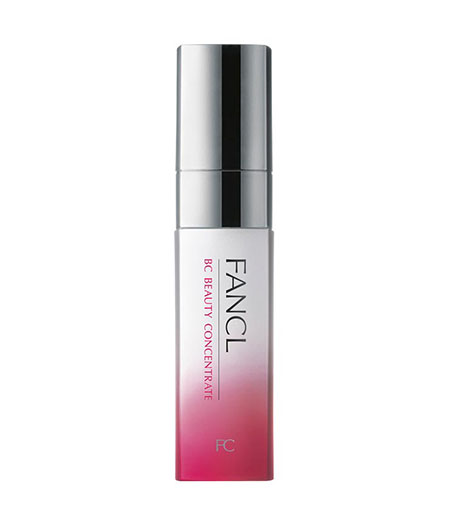
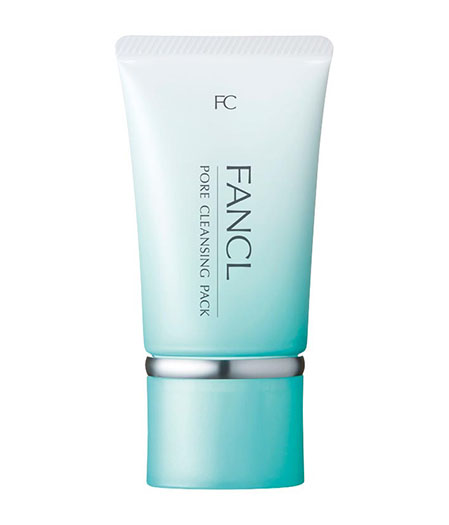
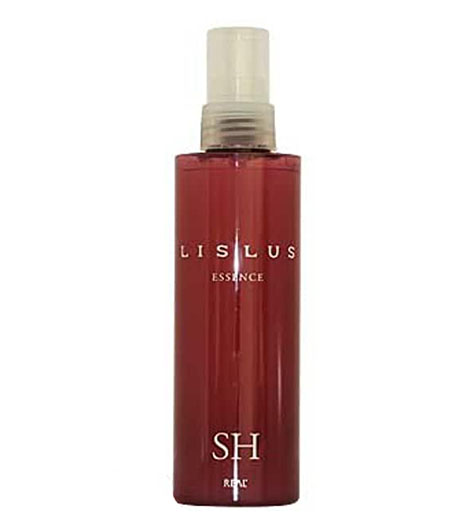

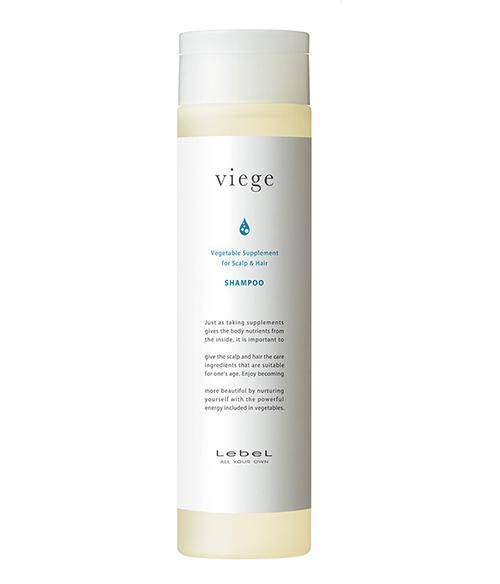

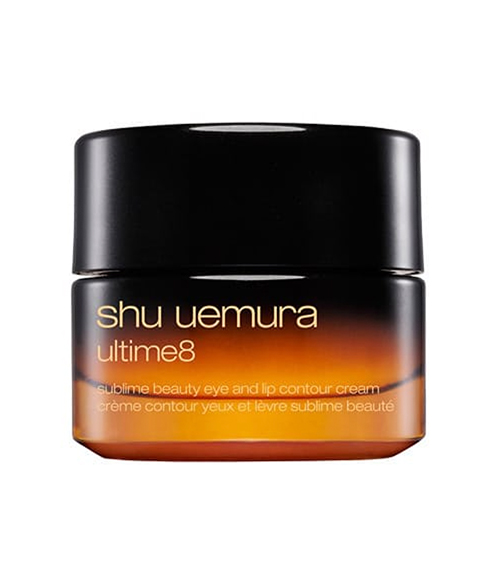
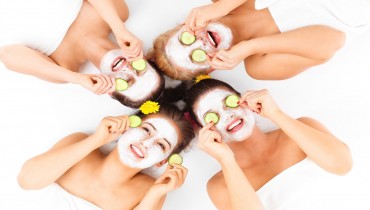
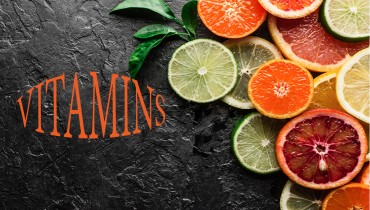

Use this form to post a comment.
All comments not related to product reviews will be deleted!
The comment will be displayed after a preliminary check by our staff.